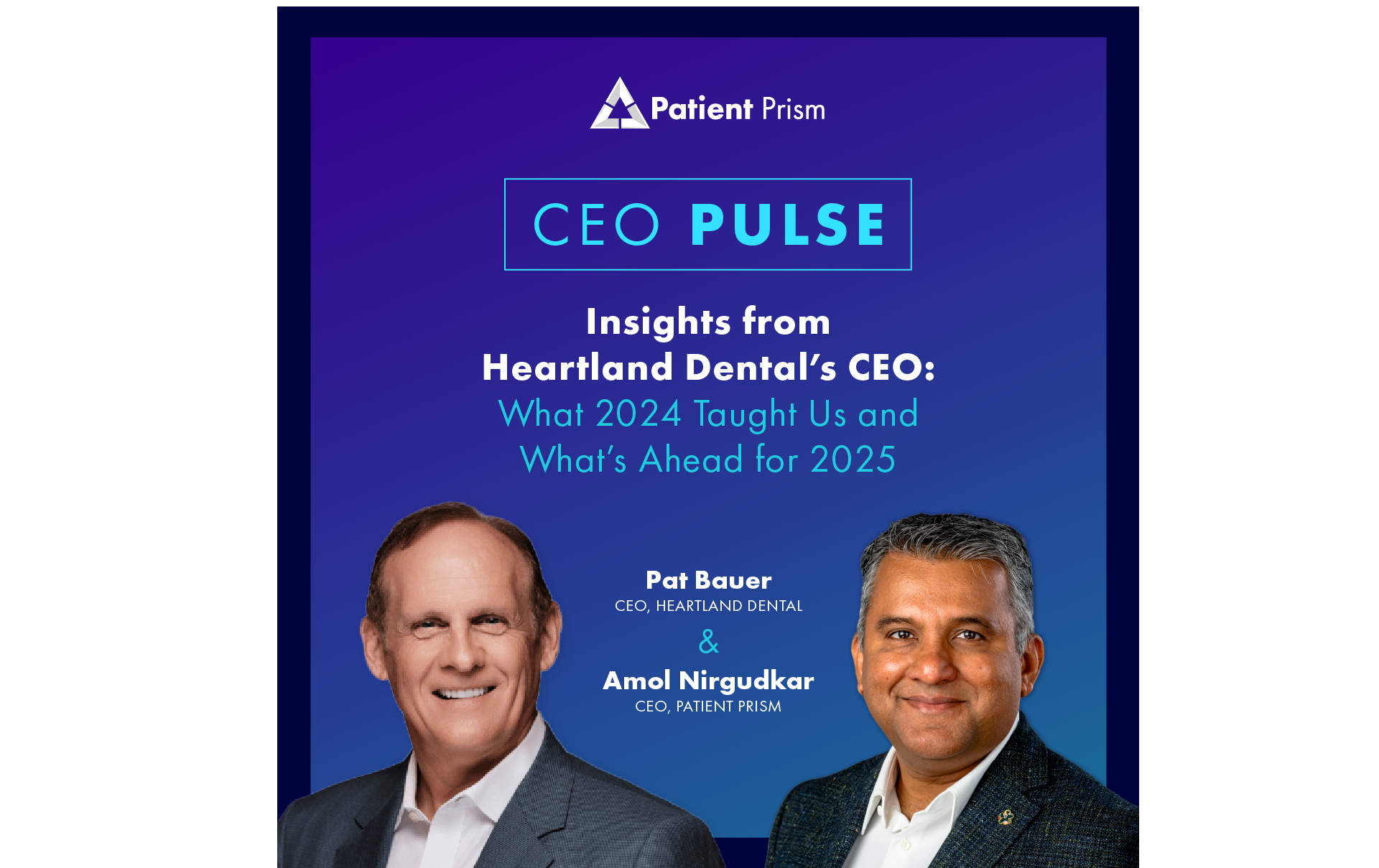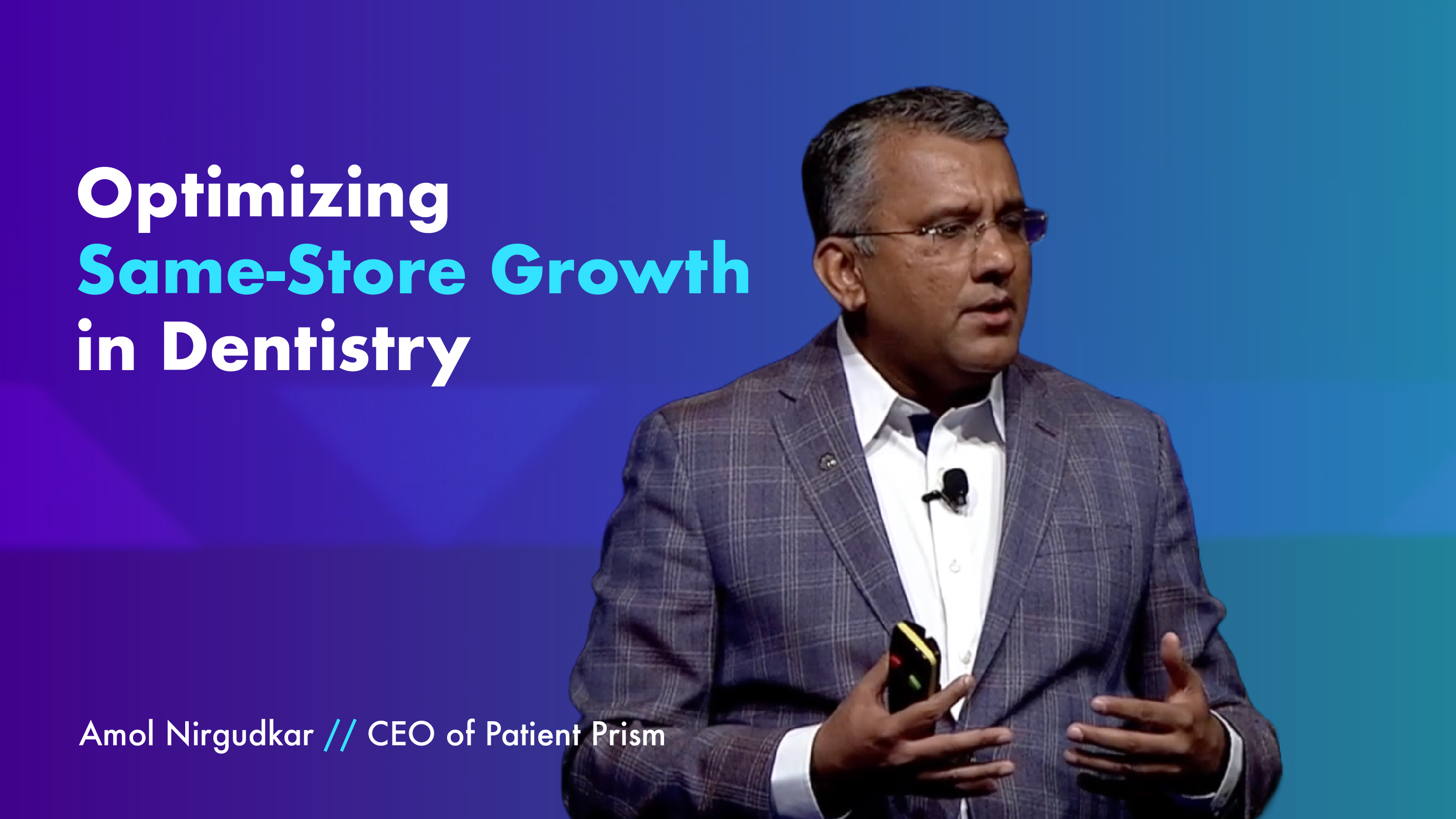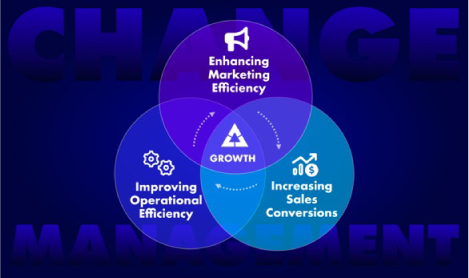In today’s rapidly evolving healthcare landscape, conversational AI is emerging as a key technological innovator, particularly in enhancing the patient-care process in plastic surgery practices. This sophisticated form of artificial intelligence involves technologies that can simulate a conversation with human users, whether through text or voice interactions. In healthcare, these AI-driven systems are being leveraged to offer 24/7 availability, ensuring that consistent, immediate, and personalized responses are the norm. The adoption of such technologies not only drives operational efficiency but also significantly enhances patient satisfaction, making it a cornerstone for futuristic healthcare solutions.
Streamlining the Patient Intake Process
One of the most tangible benefits of conversational AI in healthcare is its ability to streamline the patient intake process. Typically, the intake process involves several administrative tasks that can be time-consuming for both patients and clinic staff. Conversational AI simplifies this through AI-powered chatbots. These chatbots can interact with patients via a clinic’s website or through popular messaging apps, effectively gathering preliminary information such as medical history, reason for consultation, and personal preferences.
This automation of data collection saves significant time and resources, enabling clinic staff to focus more on patient care rather than paperwork. Additionally, it ensures that the initial consultation is highly focused and personalized, as doctors are already equipped with the necessary background information, allowing for more effective patient management from the very first appointment.
Scheduling Made Simple
Another crucial area where conversational AI makes a significant impact is in the scheduling of appointments. Managing schedules in a busy plastic surgery practice can be daunting and prone to human error. Conversational AI comes into play by enabling direct interactions with patients to handle appointment bookings, offering available times, rescheduling options, and sending timely reminders.
This level of automation significantly reduces the workload on administrative staff and enhances the accuracy of bookings. Moreover, AI’s capability to predict and manage cancellations ensures that the practice can offer waitlisted patients earlier appointments, thereby optimizing the utilization of the surgeon’s schedule and reducing downtime.
Enhancing Follow-ups and Post-Operative Care
Follow-up care is a critical component, especially in plastic surgery where the recovery process and post-operative care significantly influence the overall outcome. Conversational AI enhances this aspect by automating follow-up appointment scheduling, sending reminders for medications, and providing tailored care instructions based on the specific procedures undergone by the patient.
AI can also perform initial triage of post-operative concerns via chatbots, determining the urgency of a patient’s need to speak directly with a healthcare professional. This not only improves response times but also ensures that patients receive the right level of care at the right time, enhancing overall patient outcomes.
Collecting Patient Feedback
Feedback collection is integral to any service-oriented industry, and healthcare is no exception. Conversational AI tools play a pivotal role in engaging patients post-procedure to collect valuable feedback. This interaction allows healthcare providers to gain insights into the patient’s experience, which is invaluable for continuous improvement in service and patient care standards.
Conclusion
The implementation of conversational AI in plastic surgery practices marks a significant advancement in how care is delivered. It enhances the efficiency of various administrative processes, from patient intake through to post-operative care and feedback collection, ensuring that patients receive a seamless and highly personalized experience. While AI dramatically improves these processes, the indispensable human touch remains paramount, particularly in a field as personal as plastic surgery. Conversational AI is thus best viewed as an adjunct that enhances, rather than replaces, the nuanced and empathetic care provided by human professionals.
Through its capability to streamline operations and elevate patient satisfaction, conversational AI is undoubtedly setting a new standard in healthcare. Plastic surgery practices that adopt this technology not only scale efficiently but also uphold and potentially exceed high standards of patient care and satisfaction. This integration of cutting-edge technology with traditional care practices is indeed the future of healthcare, making it more efficient, responsive, and patient-centered than ever before.






